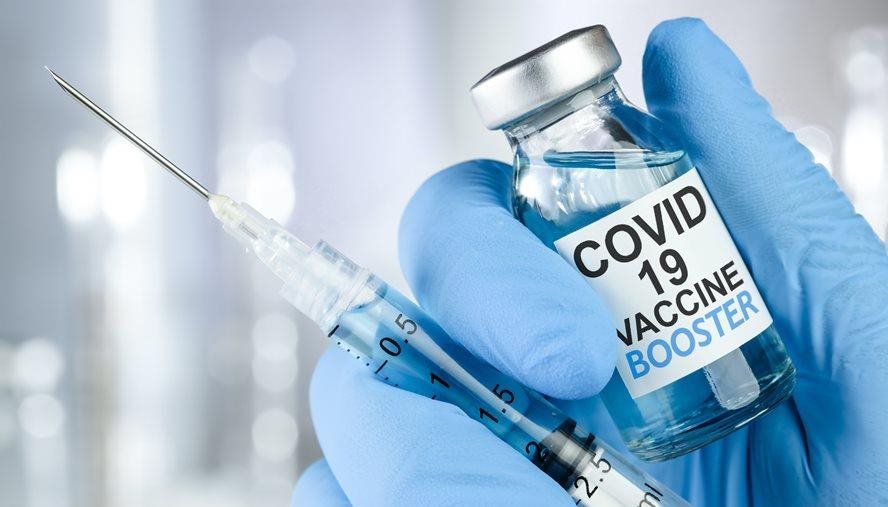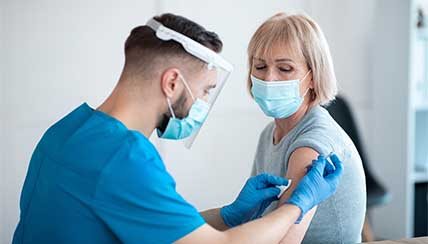Do I Have Coronavirus (COVID-19) Symptoms?
The coronavirus causes the infectious disease called COVID-19. Symptoms can range from mild to severe and appear within two to 14 days of exposure. Some people do not develop symptoms or become ill. About 80 percent of people recover with home treatment to manage their symptoms.
Learn more about Coronavirus.

Mild Symptoms
These common mild symptoms come on gradually: aches and pains, cough, diarrhea, fever, headache, nasal congestion, runny nose, shortness of breath, sore throat and tiredness.
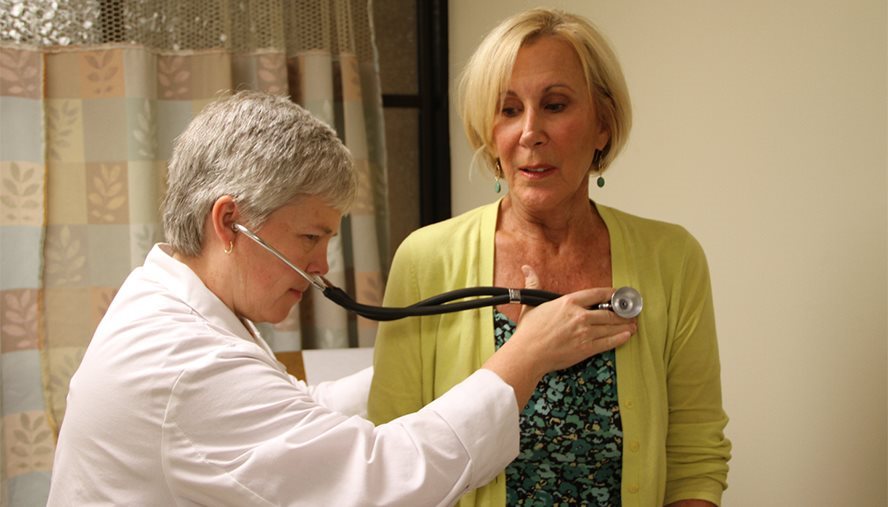
Other Medical Conditions
If you have a chronic health condition such as diabetes, heart disease, COPD or other respiratory disease, seek medical care early, when mild symptoms first appear.
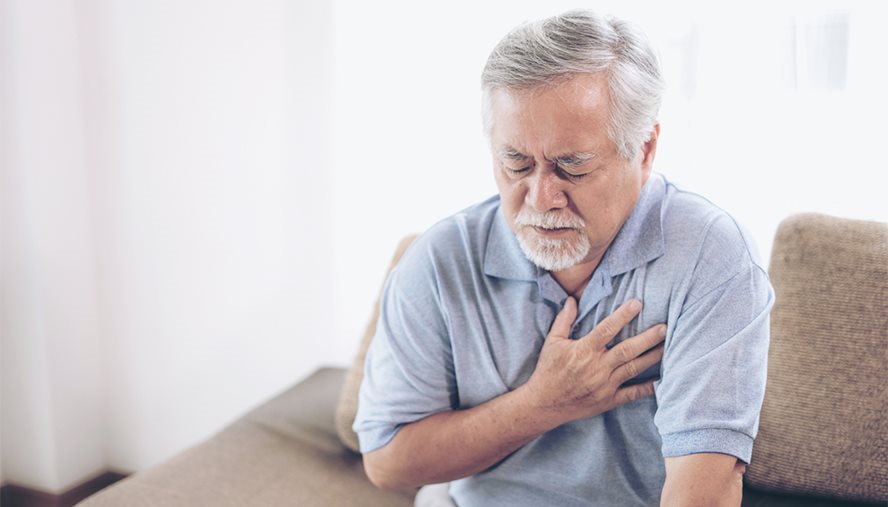
Severe Signs & Symptoms
After several days, these signs and symptoms can appear: shortness of breath, low oxygen levels, abnormal blood tests, kidney injury, liver failure or pneumonia. However, symptoms may differ with each COVID variant. Anyone experiencing a severe reaction should seek medical attention.

Getting Diagnosed
Call your doctor if you develop a fever and cough or shortness of breath within 14 days after traveling from an area with known infections or have been in contact with someone who has traveled from an area with known infections and who has symptoms. Usually, the throat or nostril will be swabbed for a sample.

Waiting on Results
The specimens are sent to the CDC or a CDC-approved laboratory. Results will be sent to your doctor. Your health care provider and the local health department will determine if you will wait for results at home or in the hospital.

Treating the 2019 Coronavirus
Treatment for most people diagnosed with COVID-19 is about relieving symptoms, as you would with a normal flu virus. It is a virus, so antibiotics will not help. However, effective treatments, such as monoclonal antibodies and oral antiviral pills, will soon become more widely available. Talk to your doctor for more information regarding treatment options.
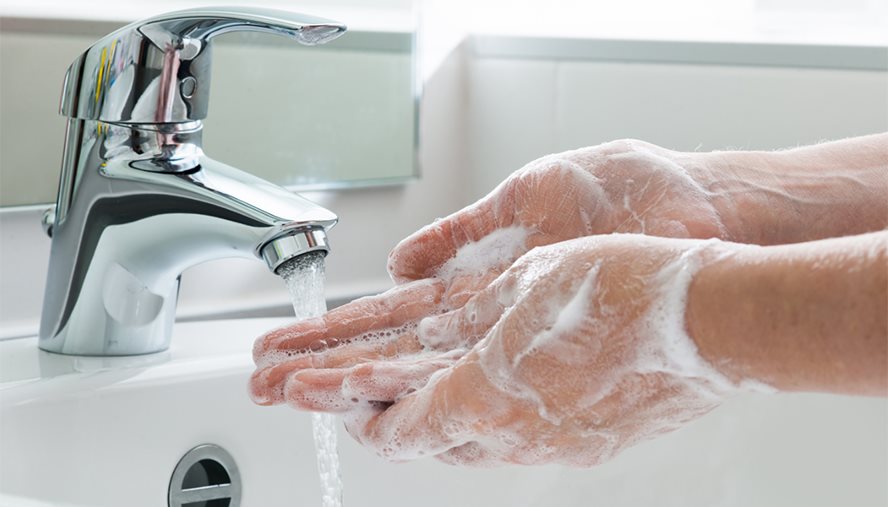
Hand Washing & Cleaning
Wash your hands with soap and water for at least 20 seconds after using the bathroom; before eating and touching any part of your face; and after blowing your nose, coughing or sneezing. Disinfect surfaces you touch after each use. Disinfect frequently touched surfaces with household sprays or wipes.

Don’t Share Your Germs
Stay home from work, school and public places so you don’t infect other people.

Push Fluids
Drink plenty of water and other fluids to help your body stay hydrated and in recovery, unless your doctor has directed you otherwise.

You Must Rest
Get extra rest and sleep in a separate bedroom, so you don’t infect family members.

Home Remedies
Take over-the-counter medications for fever, headache, congestion, cough and sore throat. Gargle with saltwater to relieve a sore throat. Eat a bland diet such as bananas, rice, applesauce and toast, if diarrhea is a problem.
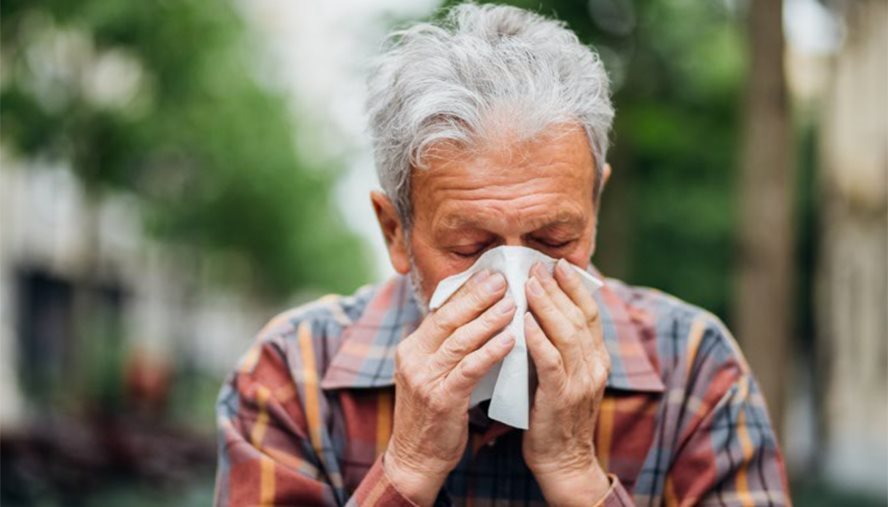
Cover Your Mouth
Use a tissue or your elbow during coughs and sneezes. Throw away the tissue and wash hands thoroughly.
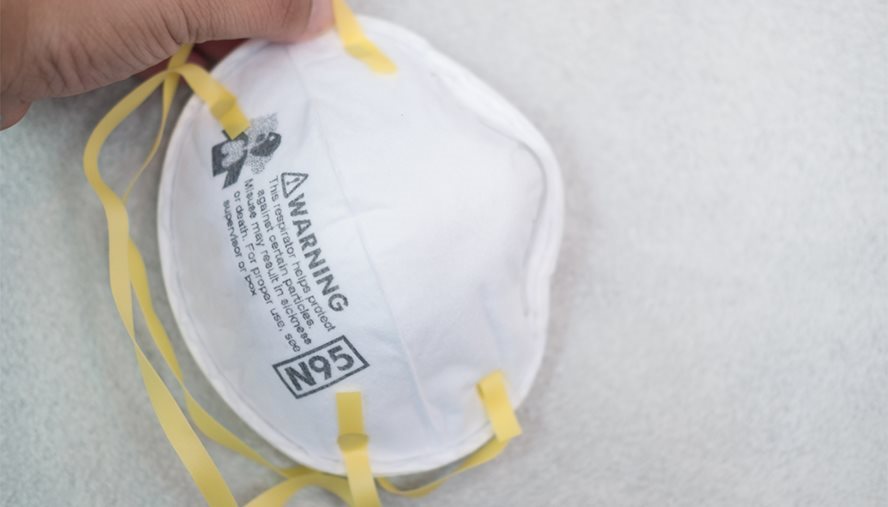
The N95 Respirator
Due to the transmissibility of new variants, the CDC has updated its masking guidelines to recommend the use of well-fitting masks, including KN95 and N95 respirators for the general public.
If you have symptoms of an infection, including the flu or COVID-19, please self-isolate when possible and wear a well-fitting mask or a filtering respirator, such as a KN95 or an approved N95 mask in public and to medical appointments until you are no longer contagious.
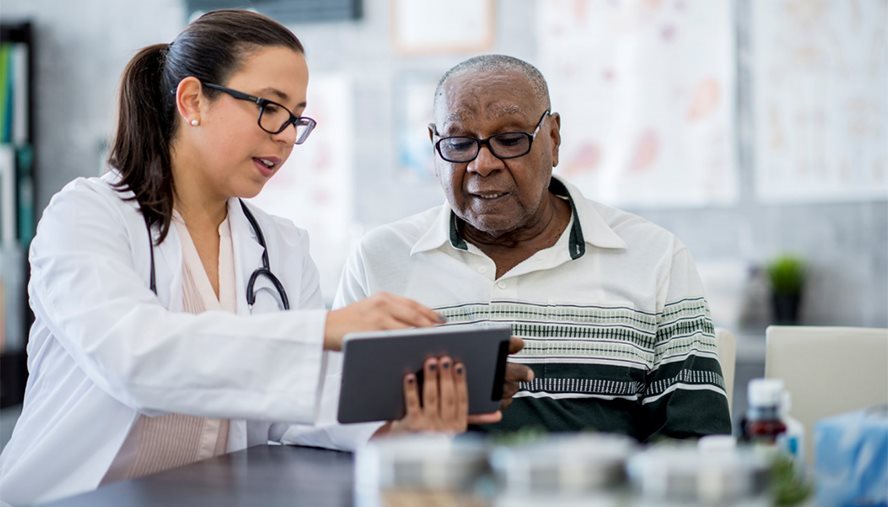
Follow your Doctor’s Advice
Get your annual flu vaccine. If you have other health conditions, follow those treatment plans and ask questions if those treatments become challenging.
| The information on our website is medically reviewed and accurate at the time of publication. Due to the changing nature of the COVID-19 pandemic, information may have since changed. CDC.gov and your state’s health department may offer additional guidance. |

